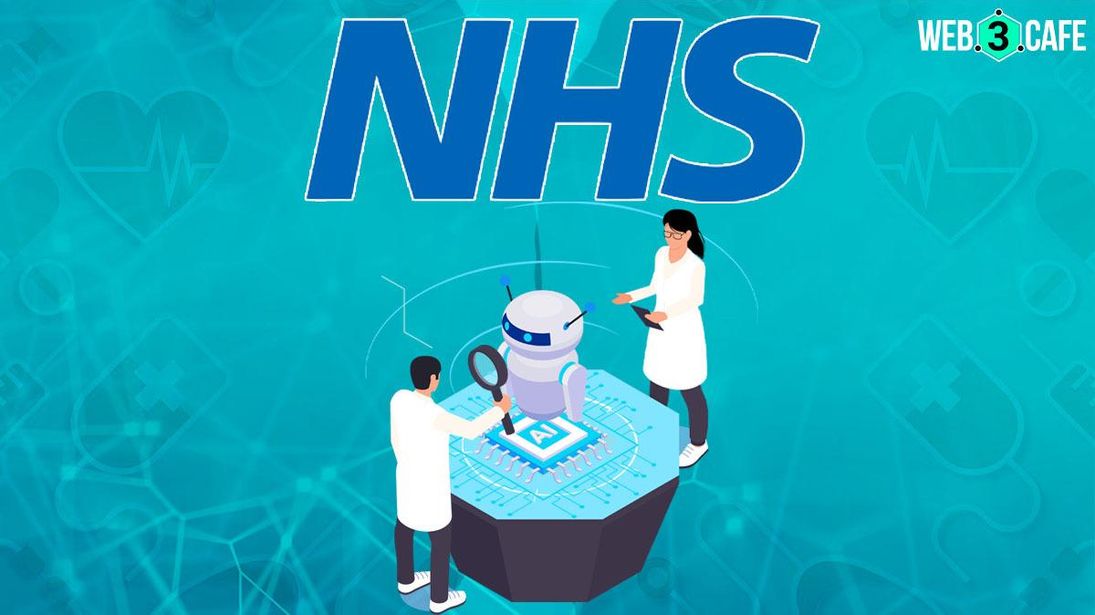UK govt rolls out funds in millions to push AI into healthcare
The UK government has declared funds to accelerate the deployment of the most promising AI tools across its hospitals to help treat people more quickly.
 artificial intelligence
artificial intelligence
Highlights
- UK government has committed funds worth £21 million to NHS trust
- AI tools help in detection of cancer, strokes as well as various heart conditions
Artificial intelligence has been the talk of the town this year, powered by consumer-friendly generative AI applications. Hence, the introduction of new and powerful LLMs, i.e., large language models, carries the potential to revolutionise the healthcare space.
As per recent reports, the UK government has committed funds worth £21 million ($26.75 million) to National Health Service (NHS) trusts, so as to diagnose and treat patients more quickly.
Now, NHS Trusts can apply for funding to the AI Diagnostic Fund, for driving the deployment of leading AI imaging and decision support tools to help diagnose patients more quickly in hospitals across the country for diseases like cancer, strokes as well as various heart conditions. It must be noted that the said fund will include the use of AI tools to analyse chest X-Rays, which will help clinicians detect early signs of lung cancer- one of the leading causes of cancer deaths across the country.
AI to transform healthcare and helps in the detection of serious ailments
Further, apart from £21m funds, Steve Barclay, the Health and Social Care Secretary, has also pledged to float AI stroke diagnosis technology to all stroke networks by the end of 2023. He says, “Artificial intelligence is already transforming the way we deliver healthcare and AI tools are already making a significant impact across the NHS in diagnosing conditions earlier, meaning people can be treated more quickly.”
In a statement, Dr. Deb Lowe, national clinical director for stroke medicine at NHS England, mentions, "The use of AI decision support software in the initial stages of stroke care means patients get interventions quicker, reducing the likelihood of disability and saving the brains."
Moreover, with the help of AI, clinicians could maximise their efficiency, and identify and prioritise the most urgent cases. In fact, experts opine that AI AI will undoubtedly play a significant part in the future of diagnostics.


COMMENTS 0